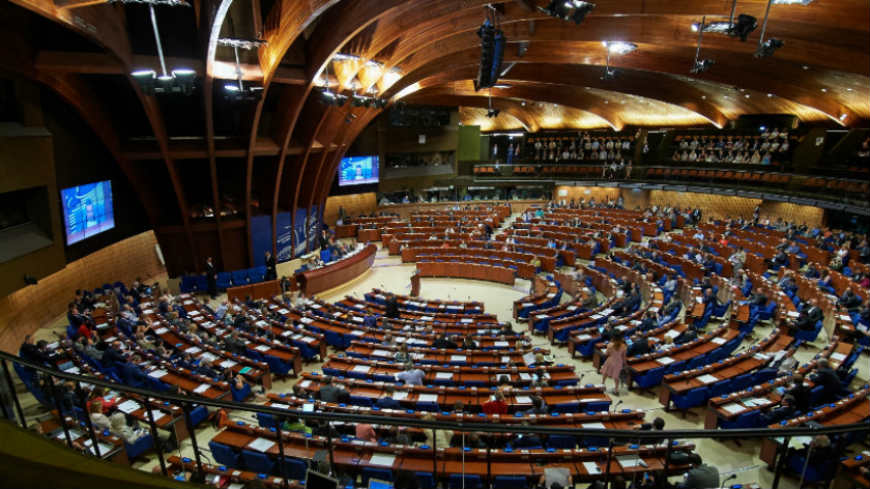The Parliamentary Assembly of the Council of Europe (PACE), made several migration-related statements in connection with the current Covid-19 pandemic.
On 14 April 2020, Fabien Gouttefarde (France, ALDE), made a statement in which he recalled that international law cannot be compromised by a pandemic and those who seek to benefit from it. As national parliamentarians, we must do all we can to hold those legally and politically responsible who forcibly displace persons - in Europe and abroad."
On 3 April 2020, Pierre-Alain Fridez (Switzerland, SOC), Chair of PACE’s Committee on Migration, Refugees and Displaced Persons, welcomed the ruling by the European Court of Justice that Poland, Hungary and the Czech Republic “failed to fulfil their obligations under EU law”, by refusing to comply with the temporary mechanism for the relocation of applicants for international protection in 2015.
On 3 April 2020, Killion Munyama (Poland, EPP/CD), the head of PACE’s Sub-Committee on Diasporas, urged governments to make it easier for diasporas to send money home during the crisis
27 March 2020, Rosa-Björk Brynjolfsdottir (Iceland, UEL), PACE rapporteur on stopping violence against and exploitation of migrant children, called on all European governments, as well as those of non-European states, to respect the provisions of the UN Convention on the Rights of the Child, and to release all migrant children from detention, in line with the recommendations of the Parliamentary Campaign to End Immigration Detention of Children. She also said that safe accommodation must be provided immediately to unaccompanied migrant children, ensuring their protection against COVID-19 infection.
On 26 February 2020, on the occasion of World NGO Day, PACE rapporteur on the rights and obligations of NGOs assisting refugees and migrants in Europe, Domagoj Hajduković (Croatia, SOC), made a statement in support of the numerous NGOs which are essential in providing vital humanitarian assistance to refugees and migrants around the world. Governments would be less able to cope with the recent exponential migratory flows, and less able to ensure minimum human rights, without the networks, skills and capacities of these civil society organisation, he said. In Resolution 2305 (2019) adopted last October, after an urgent debate on the report “Saving lives in the Mediterranean Sea: the need for an urgent response”, also prepared by Mr Hajduković, PACE called on member states to “allow non-governmental organisations to carry out their life-saving missions in the Mediterranean Sea, recognising their capacities to organise rapid-reaction rescues, and refrain from stigmatising the work of NGOs”.



